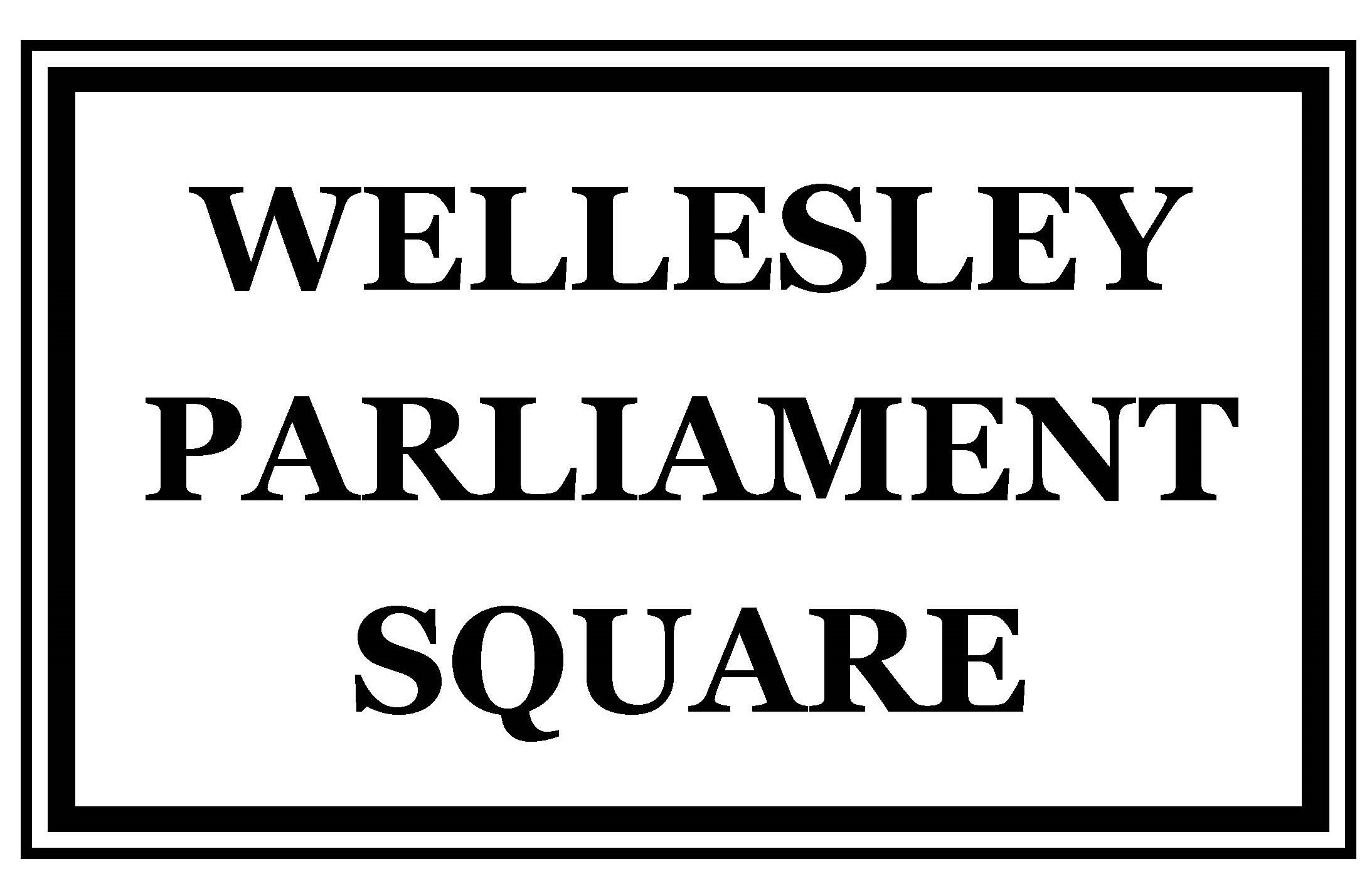The discussion give islam dating site a trybout monogamy has been very long and fierce. Some believe really abnormal for people to hope on their own to just one person with regards to their whole life, which we have to instead embrace open relationships. Other people genuinely believe that choosing monogamy awards, protects, and increases a relationship with a partner who’s vitally important, and this the jealousy that can arise from a nonmonogamous commitment actually worth the possible great things about intimate freedom.
People also differ – and their own partners – about if or not their own relationship is monogamous. Research conducted recently done at Oregon State University learned that youthful, heterosexual couples frequently try not to agree with their particular partners about if their unique commitment is open. 434 partners amongst the ages of 18 and 25 happened to be interviewed concerning the status of their commitment, and in an impressive 40per cent of lovers only 1 lover reported that they’d consented to end up being sexually exclusive due to their mate. Another spouse reported that no these agreement was indeed made.
“Miscommunication and misconceptions about intimate exclusivity be seemingly typical,” says public health specialist Jocelyn Warren. A lot of lovers, it seems, aren’t communicating the terms of their particular interactions effortlessly – if, that is, they may be talking about all of them anyway – and occasion amongst couples just who had explicitly approved be monogamous, nearly 30per cent had broken the contract and searched for intercourse outside the commitment.
“partners have trouble dealing with these types of issues, and that I would envision for young people its even more difficult,” Marie Harvey, specialized in neuro-scientific intimate and reproductive wellness, posits. “Monogamy pops up a lot as a way to combat sexually transmitted diseases. But you can observe that arrangement on whether a person is monogamous or not is fraught with dilemmas.”
Difficult although subject is likely to be, its clear that each pair must reach an unequivocal, precisely-expressed understanding in connection with position of their union. Decreased interaction can lead to major unintended risks, both real and emotional, for partners just who unintentionally disagree about the exclusivity of their commitment. What exactly is much less evident is which choice – if either – may be the “right” one. Is actually monogamy or nonmonogamy a very successful commitment design? Is one able to scientifically be been shown to be better, or more “natural,” compared to the other? Or is it merely a point of personal preference?
We’re going to take a good look at the medical assistance each method in more detail in the next posts.
